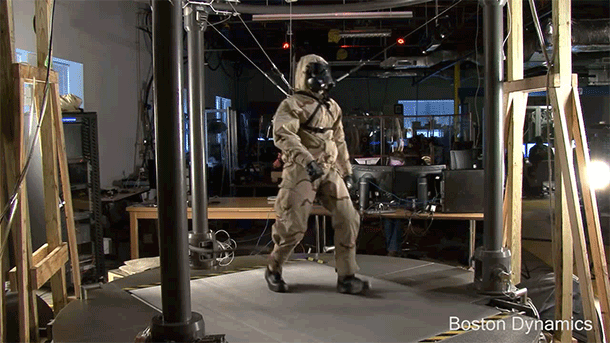While it might make for an interesting bull session to predict what industry, nascent or developed, could create the first trillion-dollar company, such a development wouldn’t really be a good barometer of how well off we truly are. Is this company helping or hurting the environment? Is it a sign of greater wealth inequality? Are there other unintended consequences? In a Washington Post opinion piece, futurist Dominic Basulto mainly concerns himself with just the central question. An excerpt:
Artificial intelligence is one industry that could give rise to the first $1 trillion company – provided, of course, that sentient AI life doesn’t kill off humanity before it reaches that target. The promise of AI is that almost anything can be made more valuable by making it smarter. It’s no wonder that we’ve started to see an initial land grab of smart “machine learning” companies and talent. Google, for example, has spent more than $400 million to acquire DeepMind Technologies to ramp up its deep learning capabilities. For AI ever to produce a trillion-dollar company, though, machines will need to do more than just recognize patterns and crunch a lot of data. AI start-ups will need to create a fundamentally new way for humans to interact with machines, perhaps even a new way of learning or acquiring knowledge.
Another potential trillion-dollar industry is 3D printing, which promises a “second industrial revolution.” 3D printing has the potential to upend the way we buy, sell and make everything, turning every garage into a personal fabrication unit. If the first industrial revolution was all about mass production, the second industrial revolution will be all about mass customization. There are any number of companies today that hope to use 3D printing for rapid prototyping, design and small-batch manufacturing, but the real boost will come when there is a 3D printer on every desk and in every home. Think of a mega-ecosystem even bigger than the one Apple is building.
But that’s really just scratching the surface. Peter Diamandis and Steven Kotler in their new book Bold: How to Go Big, Create Wealth and Impact the World highlight a handful of technologies — including the Internet of Things, AI, robotics and synthetic biology — that have the potential to fundamentally change the way we live. Add to this list other futuristic tech favorites such as drones, asteroid mining, augmented reality, and nanotechnology and you have other prospects for the first $1 trillion company.•
Tags: Dominic Basulto

